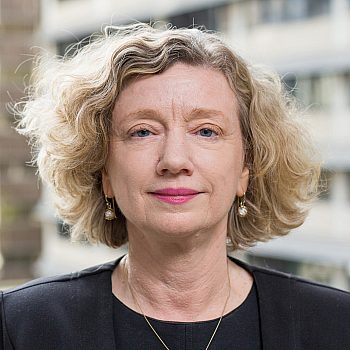There is no automatic right for the surviving parent to have the care of children after the death of the residential parent. On the death of a residential parent the parenting order that specifies that the children would live with them ceases. Most parents have joint parental responsibility, so it is likely that the surviving parent will continue to make important decisions for the children such as where they will go to school, whether they have an emergency medical procedure, whether they have orthodontic care etc.
A parent can appoint a guardian of children in the event of their death but this is not binding and will be taken only as an expression of that parent’s wishes.
It is best if the remaining parent and other relatives or persons who have been involved in the care of the children can come to an agreement about where and with whom the children shall live. Solicitors, The Family Relationship Centre, alternative dispute resolution practitioners and counsellors can be of invaluable assistance to people who are faced with this very distressing circumstance.
If it cannot be agreed between the competing parties where the children will live, then this is a matter that will be decided by the Family Court of Australia or Federal Circuit Court of Australia. A parent, a child, a grandparent or any person concerned with the care, welfare or development of the children can apply for a parenting order. The court will determine with whom the children will live and this will be based on what is in the best interests of the children.
Prior to commencing proceedings in the court, it is necessary for the parties to attend on an accredited family dispute resolution practitioner. A Family Dispute Resolution Practitioner can be found at Family Relationships Centre and there are some Family Dispute Resolution Practitioners who work privately or for other organisations such as Unifam, Intermediate, Interrelate, Relationships Australia and many others. It is the obligation of all parties to attempt to resolve the parenting matter prior to attending to filing an application with the court. In the event that the Family Dispute Resolution Practitioner determines that the parties cannot resolve their differences then they will provide a Section 60I Certificate which will need to be lodged with the court when an application is filed. If you do not have this certificate, you cannot commence proceedings. If the matter is urgent or there are allegations of abuse or domestic violence, it is not necessary to obtain a Section 60I Certificate.
Where and with whom the children will live will be influenced by the ages of the children, the wishes of the children and the capacity of the competing parties to care for the children. The past parenting arrangements and attitude towards parenting will be carefully considered as well as future arrangements proposed for the children prior to the court determining where the children shall live.
A parenting matter of this nature is complex. The solicitors at Swaab are accredited specialists and are experts in the area of family law. We are available to assist and advise on all parenting matters whether they are simple or complex.

